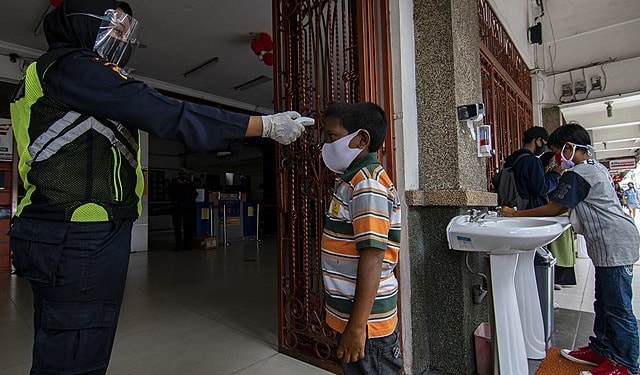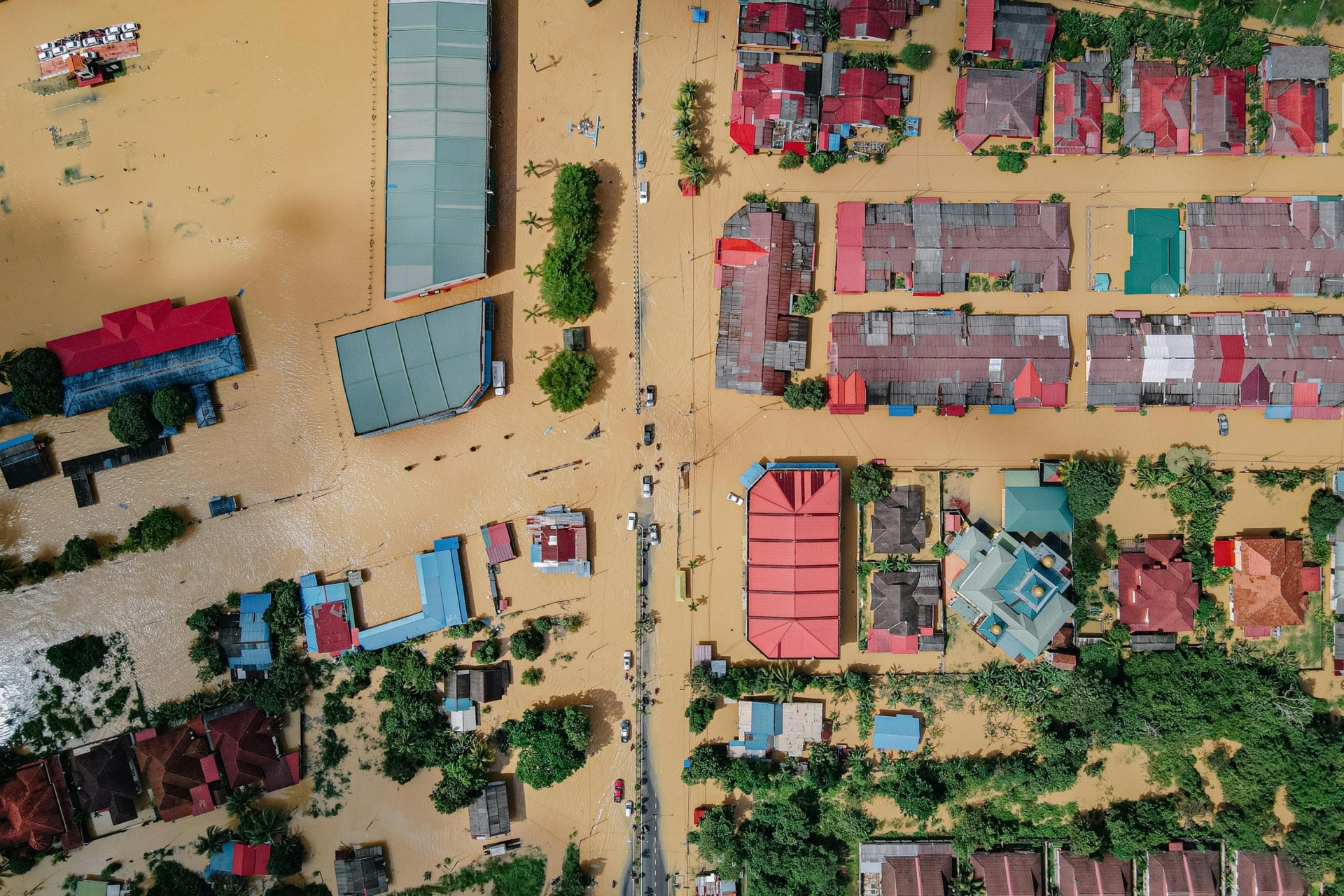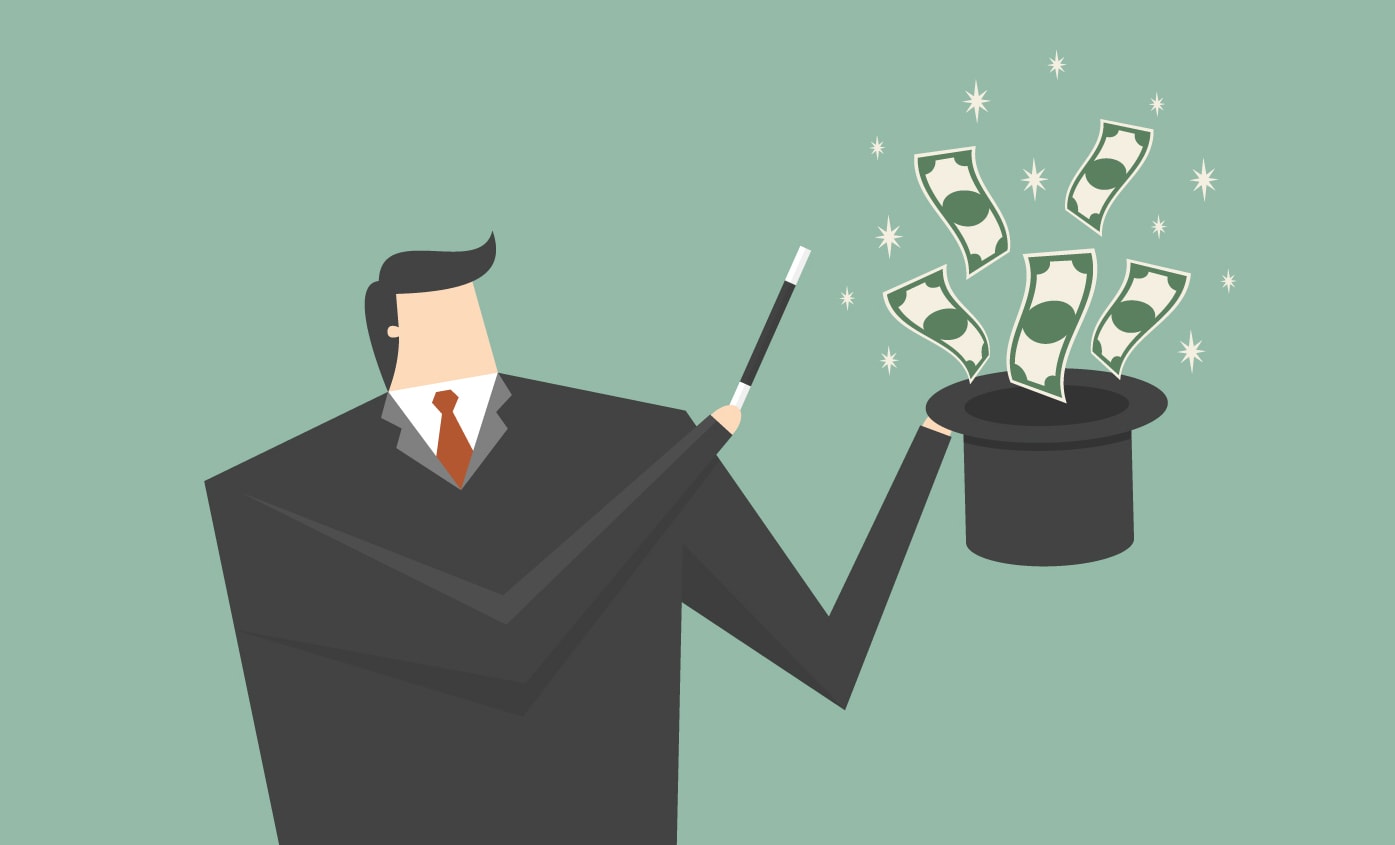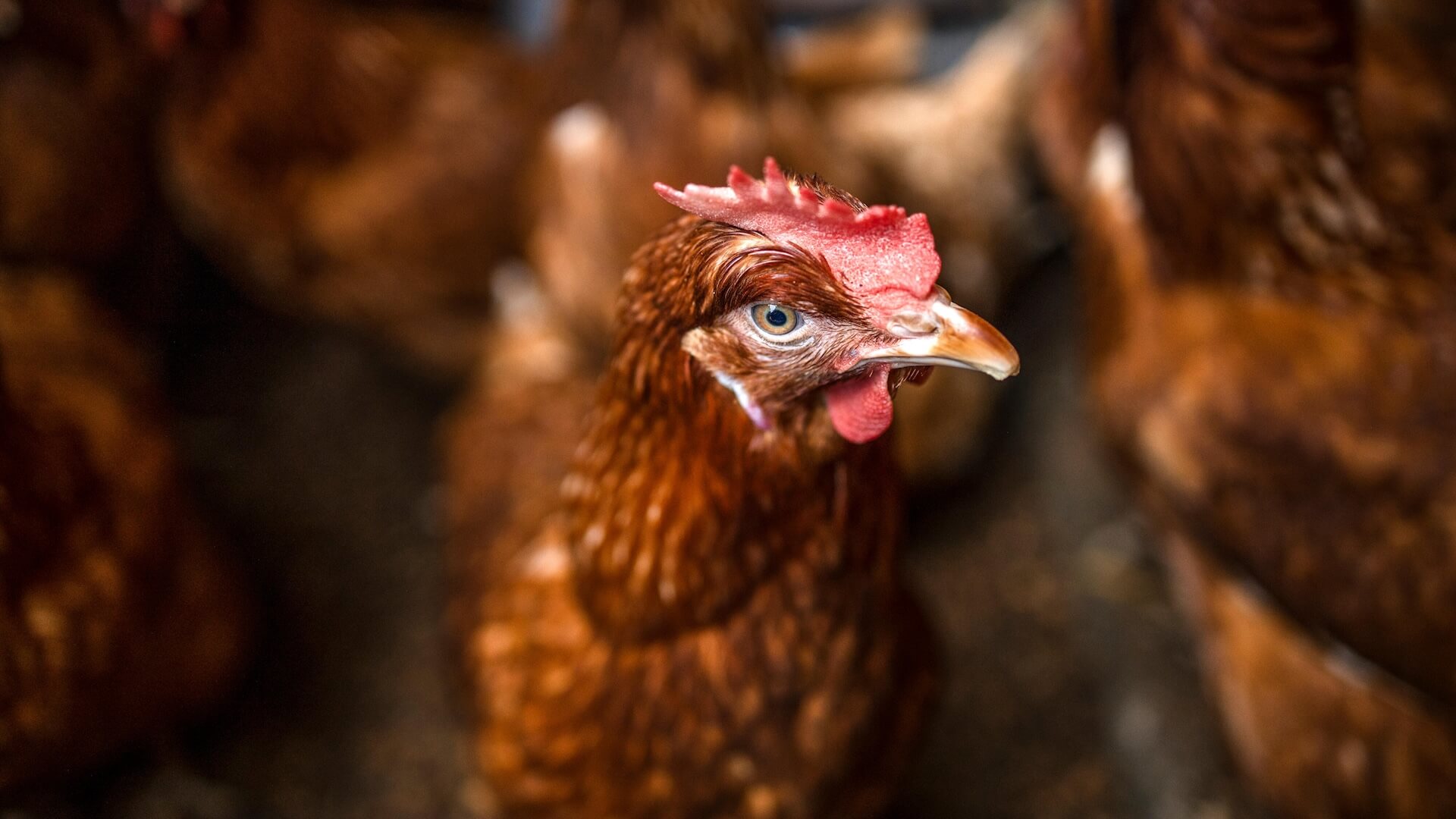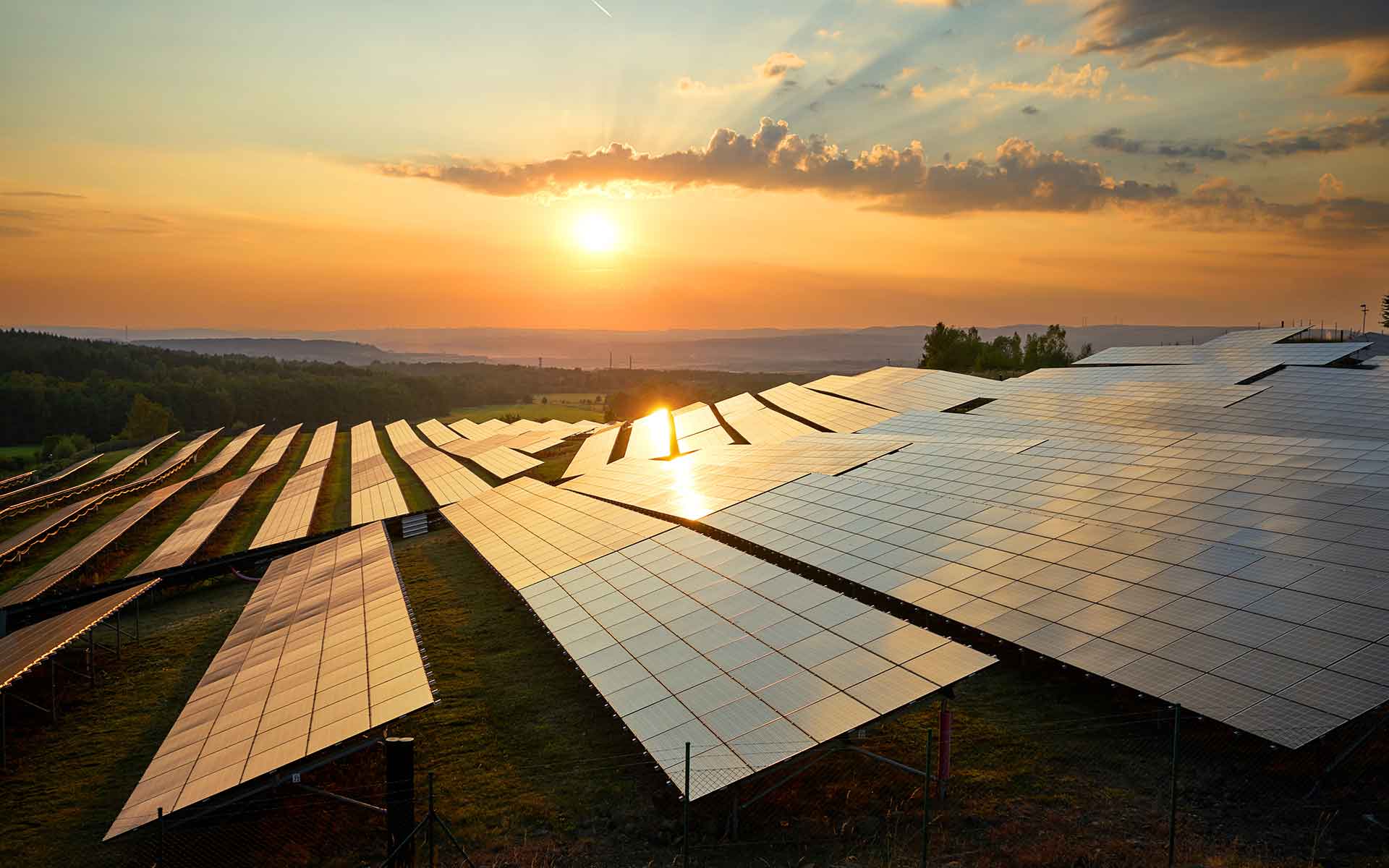In January of 2022, Oxfam International — a British confederation founded by 21 independent charitable organizations — came out with a study that found the enormous wealth gap between the world’s 10 most richest men and millions of others during the pandemic.
Months later in May, Oxfam called for governments to urgently “tax the rich amid a surge in billionaire wealth and the global cost-of-living crisis” — the same week the World Economic Forum 2022 is taking place to address the world’s most pressing and current issues with billionaires being invited to input their opinions.
What did the study reveal?
The study, titled “Profiting from Pain” and released in the beginning of 2022, reveals overwhelming evidence that the top 10 richest men in the world doubled their fortunes during the pandemic while 99% of humanity’s fortunes fell.
According to the Oxfam report, “The world’s ten richest men more than doubled from $700 billion to $1.5 trillion — at a rate of $15,000 per second or $1.3 billion a day — during the first two years of the pandemic that has seen the incomes of 99% of humanity fall and over 160 million more forced into poverty.”
Some 573 people have joined the billionaire ranks since 2020, bringing the worldwide total to 2,668, according to an analysis released by Oxfam on Sunday. That means a new billionaire was minted about every 30 hours, on average, so far during the pandemic.https://t.co/oO3fauEE0V
— Oxfam International (@Oxfam) May 23, 2022
Billionaire wealth has risen more during the COVID-19 pandemic than it has in the previous 14 years — the world’s richest making up $4 trillion in total after two years of the pandemic.
The report also stated that a “New billionaire minted every 26 hours, as inequality contributes to the death of one person every four seconds.”
What does Oxfam conclude could fix this huge economic wealth gap: more taxes on the rich.
According to Oxfam’s calculations, if a one-off 99% tax was applied to the world’s wealthiest, the money could make enough vaccines for the world, provide universal healthcare, fund climate adaptation and reduce gender violence in roughly 80 countries whilst leaving the wealthy $8 billion richer before they were during the pandemic.
As the world’s richest get richer and taxes still stay the same, Oxfam makes the argument that taxes must also increase as wealth increases — especially as poverty around the world continues to be more prevalent.
They claim that “despite the huge cost of the pandemic, in the past two years rich country governments have failed to increase taxes on the wealth of the richest and continued to privatize public goods such as vaccine science. They have encouraged corporate monopolies to such a degree that in the pandemic period alone, the increase in market coordination threatens to be more in one year than in the past 15 years from 2000 to 2015.”
In the report, Oxfam observed the world’s two largest economies — the US and China — and how they can fix the large gap of economic inequality.
The recommended steps include taxing billionaires — whose wealth has soared during the pandemic — with permanent wealth and capital taxes; investing this money in universal healthcare, social protection, climate change adaptation and gender-based violence; tackling racist and sexist laws; and encouraging wealthy governments to waive intellectual property rules over COVID-19 vaccines so more countries can prosper from its benefits.
The World Economic Forum tackles similar issues
The 2022 World Economic Forum (WEF) — which took place in Davos last week over a four-day period — intended to find solutions to some of the world’s most current and pressing issues. Some of the issues at the top of the agenda included the Ukraine-Russia war, climate change, geopolitics and preparing for the next pandemic.
Probably one of the most important sections at the WEF — in regards to the inequality gap — was the discussion on how to prepare for the next pandemic.
Joining the list of panelists was billionaire Bill Gates — who spoke adamantly about which ways countries should start preparing for the next pandemic to ensure equality to all countries in regards to resources.
“We should have far, far better diagnostic technology — be able to scale up every country within a month to diagnose their entire population,” Gates said. “Much better therapeutics, some of which will be pathogen and independent. And then as we do come up with vaccines, we want vaccines that are infection blocking and long duration.”
Alongside the pandemic section of discussion, several economists talked about the economy — in regards to the pandemic and Ukraine war — and the two biggest crises at the current moment, the food and energy crisis.
During the economy section, an Indian-American economist and former first deputy managing director of the International Monetary Fund Gita Gopinath said the Ukraine war has been a major setback to the recovery from the COVID-19 pandemic. Later on, Bulgarian economist Kristalina Georgieva mentioned that, during the next chapter, we “must focus on building resilient people — backed up by education, health and social protection.”
Despite the WEF’s ability to put forth some solutions to the large economic gap, many came to scrutinize the WEF for allowing billionaires such as BIll Gates and Jeff Bezos in the discussion on how to fix poverty caused from the Ukraine-Russia War and the pandemic — something that apparently they have profited from.
Millionaires call for the WEF to tax the rich
Coinciding with the beginning of the WEF, a group of over 150 millionaires — including Mark Ruffalo — in an open letter called for the elite attendees of the WEF to tax them more.
In the letter, the group known as the “Patriotic Millionaires” further indicated that attendees of the WEF need to “acknowledge the danger of unchecked wealth inequality around the world, and publicly support efforts to tax the rich.” The letter further stated, “Tax us, the rich, and tax us now.”
The bedrock of a strong democracy is a fair tax system, and as millionaires, we know that the current tax system is not fair.
To restore trust, we must #TaxTheRich, and we can't do it alone. https://t.co/9AeGfQkgZQ pic.twitter.com/sGh55Wsos5
— Patriotic Millionaires (@PatrioticMills) May 24, 2022
The Patriotic Millionaires further explained that the inequality baked into the international tax system has created distrust among the people of the world and the richest — taxing the rich a way to restore this balance.
Yet despite calls in the letter — as well protests staged by some millionaires in Davos, Switzerland where the WEF was taking place — no tax on the rich was discussed as a solution to inequality at the WEF. Hopefully, participants at the WEF came up with other relevant solutions to fix the major gap of economic inequality that exists after two years of pandemic and war, as it is crucial to the survival of millions around the world.
Editor’s Note: The opinions expressed here by Impakter.com columnists are their own, not those of Impakter.com. — In the Featured Photo: Train station employees carry out health checks to ongoing passengers in Indonesia on August 30, 2020. Source: Bisajunisa, Wikimedia.


